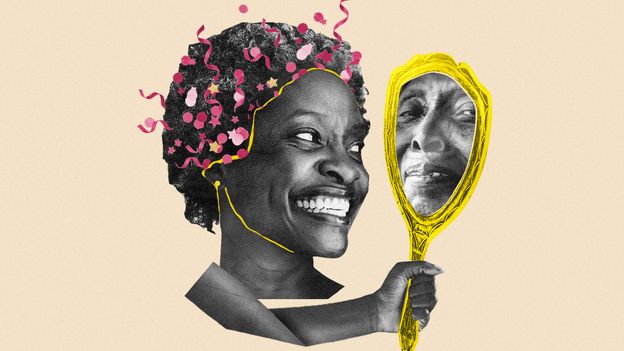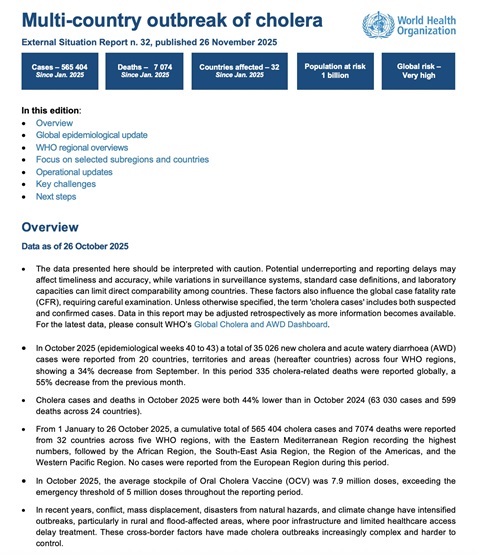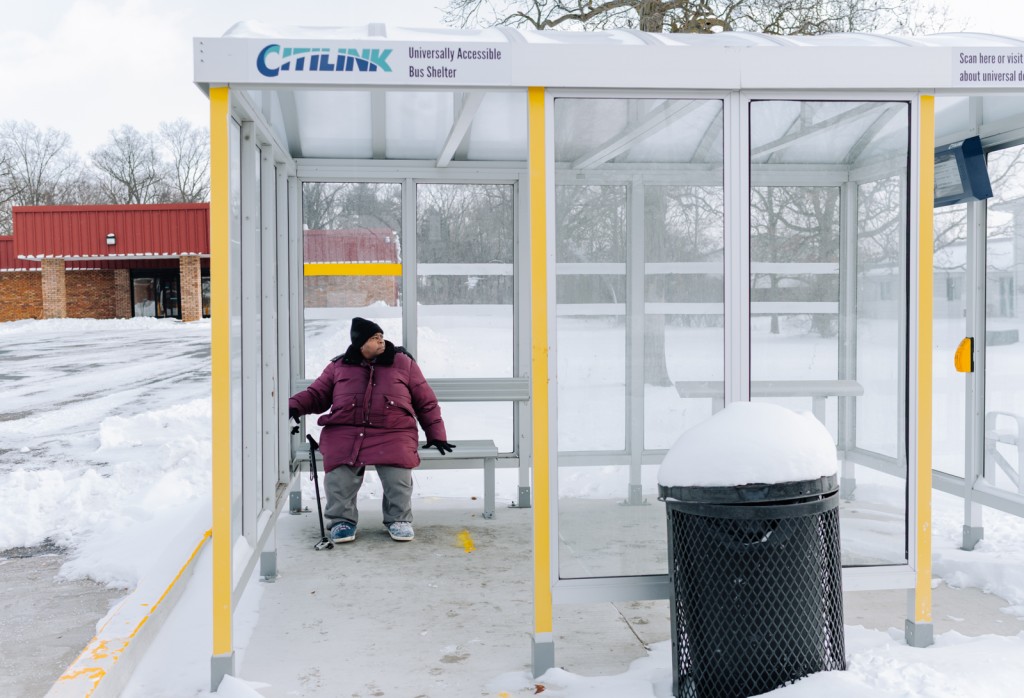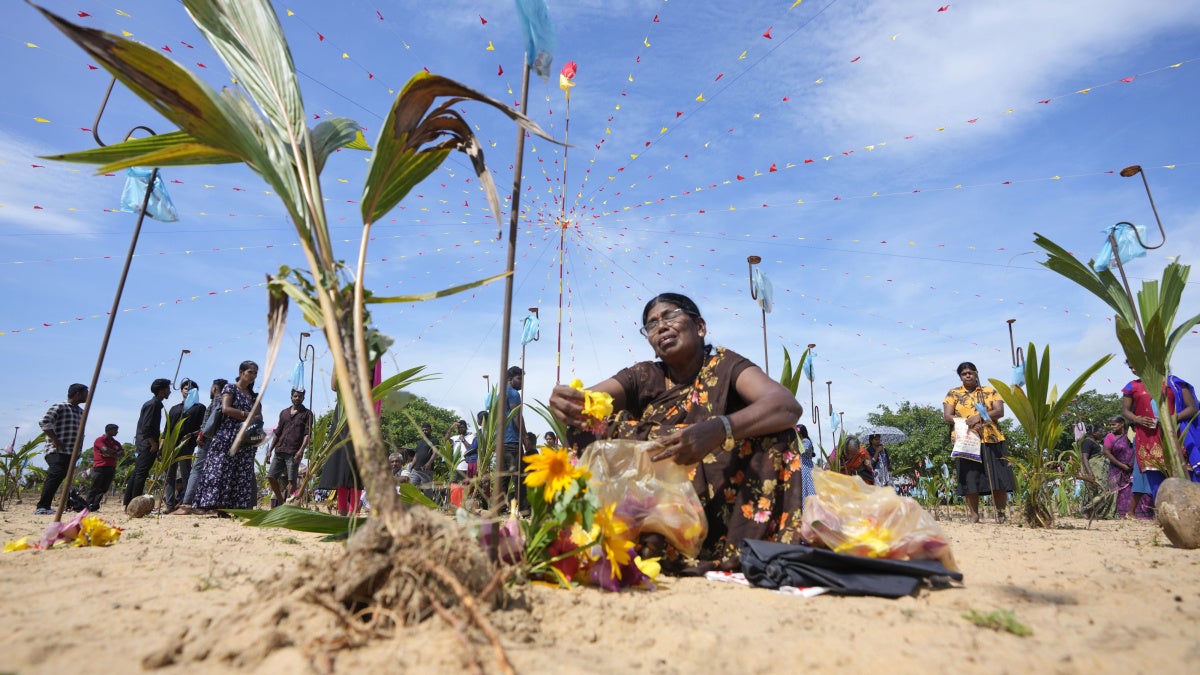Notre Dame J.S.D. candidates Nicolás Buitrago-Rey and Juan Carlos Gazmuri conduct research on democracy and human rights at the Max Planck Institute – University of Notre Dame

Report on Doctoral Research Advancing Sustainable Development Goal 16: Peace, Justice and Strong Institutions
Executive Summary
This report details the research activities of Notre Dame Law School J.S.D. candidates Nicolás Buitrago-Rey and Juan Carlos Gazmuri at the Max Planck Institute for Comparative Public Law and International Law (MPIL) in Heidelberg, Germany, from July 15 to August 29. The research, focused on democracy and international human rights law, directly contributes to the United Nations Sustainable Development Goals (SDGs), with a significant emphasis on SDG 16: Peace, Justice and Strong Institutions.
Research Focus on Building Strong Institutions (SDG 16)
The doctoral research conducted by the candidates directly supports several targets within SDG 16, which aims to build effective, accountable, and inclusive institutions at all levels. The primary areas of investigation included:
- Political Organization and Democratic Resilience: Mr. Gazmuri’s research addresses the core components of stable and representative governance, contributing to SDG Target 16.7 (Ensure responsive, inclusive, participatory and representative decision-making).
- Democracy and Freedom of Expression: Mr. Buitrago-Rey’s work focused on foundational elements of transparent and accountable societies, aligning with SDG Target 16.10 (Ensure public access to information and protect fundamental freedoms).
This research provides critical insights for strengthening democratic frameworks, a cornerstone of peaceful and just societies.
Upholding the Rule of Law and Access to Justice
A key outcome of the research visit was the provision of legal support for Guatemala’s request for an Advisory Opinion on Democracy and Human Rights to the Inter-American Court of Human Rights. This practical application of legal scholarship directly advances SDG Target 16.3, which calls for the promotion of the rule of law at national and international levels and ensuring equal access to justice for all. By engaging with international legal mechanisms, the researchers contributed to the clarification and enforcement of human rights standards in the Americas.
Fostering Global Partnerships for Sustainable Development (SDG 17)
The research visit exemplifies the collaborative approach advocated for in SDG 17: Partnerships for the Goals. The initiative was made possible through a multi-stakeholder partnership that mobilized knowledge and resources across international institutions. The sponsoring partners were:
- The Kellogg Institute for International Studies
- Notre Dame Law School Global Human Rights Clinic
- The Max Planck Institute for Comparative Public Law and International Law (MPIL)
This international academic collaboration demonstrates an effective partnership model for sharing expertise to advance sustainable development and global human rights.
Conclusion
The research undertaken by Nicolás Buitrago-Rey and Juan Carlos Gazmuri represents a substantive contribution by the academic community towards the achievement of SDG 16. Their work in comparative constitutional and international human rights law underscores the vital role of legal scholarship in strengthening the institutions, promoting the rule of law, and protecting the fundamental freedoms necessary for building peaceful, just, and inclusive societies.
SDGs Addressed in the Article
-
SDG 16: Peace, Justice and Strong Institutions
This goal is central to the article, which focuses on research related to democracy, international human rights law, political organization, democratic resilience, and freedom of expression. The work of the J.S.D. candidates, particularly their legal support for Guatemala’s request to the Inter-American Court of Human Rights, directly contributes to strengthening justice and building effective, accountable institutions.
-
SDG 4: Quality Education
The article highlights advanced legal education and research through Notre Dame Law School’s J.S.D. program. The research visits to the Max Planck Institute represent a high-level opportunity for lifelong learning and academic development, contributing to the goal of ensuring inclusive and equitable quality education, specifically at the tertiary level.
-
SDG 17: Partnerships for the Goals
The entire initiative described in the article is a product of collaboration. It explicitly mentions that the “Kellogg Institute for International Studies, Notre Dame Law School Global Human Rights Clinic, and MPIL sponsored the research visits.” This multi-stakeholder partnership between American and German institutions to advance research on human rights in the Americas exemplifies the spirit of global partnership for sustainable development.
Specific SDG Targets Identified
-
SDG 16: Peace, Justice and Strong Institutions
-
Target 16.3: Promote the rule of law at the national and international levels and ensure equal access to justice for all.
The article mentions that the candidates “provided legal support regarding Guatemala’s request for an Advisory Opinion on Democracy and Human Rights to the Inter-American Court of Human Rights.” This action is a direct effort to promote the rule of law and access to justice at an international level.
-
Target 16.10: Ensure public access to information and protect fundamental freedoms, in accordance with national legislation and international agreements.
Buitrago-Rey’s research “on democracy and freedom of expression” directly aligns with the goal of protecting fundamental freedoms, which is a cornerstone of this target.
-
Target 16.3: Promote the rule of law at the national and international levels and ensure equal access to justice for all.
-
SDG 4: Quality Education
-
Target 4.3: By 2030, ensure equal access for all women and men to affordable and quality technical, vocational and tertiary education, including university.
The article showcases the J.S.D. (Doctor of Juridical Science) program at Notre Dame Law School, an advanced form of tertiary education. The research opportunity at the Max Planck Institute is an example of providing access to quality, high-level educational experiences.
-
Target 4.7: By 2030, ensure that all learners acquire the knowledge and skills needed to promote sustainable development, including, among others, through education for… human rights… [and] global citizenship.
The candidates’ research on “issues of democracy and international human rights law” is a clear example of education that equips learners with the knowledge and skills to promote human rights and global citizenship.
-
Target 4.3: By 2030, ensure equal access for all women and men to affordable and quality technical, vocational and tertiary education, including university.
-
SDG 17: Partnerships for the Goals
-
Target 17.16: Enhance the Global Partnership for Sustainable Development, complemented by multi-stakeholder partnerships that mobilize and share knowledge, expertise… and financial resources.
The article states that the research visits were sponsored by three distinct institutions: the Kellogg Institute for International Studies, the Notre Dame Law School Global Human Rights Clinic, and the MPIL. This is a direct example of a multi-stakeholder partnership mobilizing resources and sharing knowledge across borders.
-
Target 17.16: Enhance the Global Partnership for Sustainable Development, complemented by multi-stakeholder partnerships that mobilize and share knowledge, expertise… and financial resources.
Indicators for Measuring Progress
-
SDG 16: Peace, Justice and Strong Institutions
- Implied Indicator for Target 16.3: The existence of academic and legal initiatives providing support to international judicial bodies. The article’s mention of providing “legal support” for an Advisory Opinion to the Inter-American Court of Human Rights serves as a qualitative indicator of actions being taken to promote the rule of law.
- Implied Indicator for Target 16.10: The number and scope of academic research projects focused on fundamental freedoms. Buitrago-Rey’s research on “freedom of expression” is an example of such a project, which can be tracked as an indicator of commitment to this target.
-
SDG 4: Quality Education
- Implied Indicator for Target 4.3: The number of students participating in international advanced research programs. The participation of the two J.S.D. candidates in the research visit is a specific instance that could be aggregated to measure progress.
- Implied Indicator for Target 4.7: Curricula and research programs at the tertiary level that focus on human rights and democracy. The research topics of the candidates (“democracy and international human rights law”) indicate that their educational program incorporates these crucial themes.
-
SDG 17: Partnerships for the Goals
- Implied Indicator for Target 17.16: The number of multi-stakeholder and cross-border partnerships for research and development. The collaboration between the three sponsoring institutions (Kellogg Institute, Notre Dame Law School Clinic, MPIL) is a concrete example of such a partnership that can be counted and monitored.
Summary of SDGs, Targets, and Indicators
| SDGs | Targets | Indicators |
|---|---|---|
| SDG 16: Peace, Justice and Strong Institutions |
16.3: Promote the rule of law and ensure equal access to justice.
16.10: Ensure public access to information and protect fundamental freedoms. |
(Implied) Existence of legal support for international courts (e.g., support for Guatemala’s request).
(Implied) Number of academic research projects on fundamental freedoms (e.g., research on freedom of expression). |
| SDG 4: Quality Education |
4.3: Ensure equal access to quality tertiary education.
4.7: Ensure learners acquire knowledge and skills for sustainable development, including human rights. |
(Implied) Participation in international advanced research programs (e.g., J.S.D. candidates’ visit to MPIL).
(Implied) Tertiary level research focused on human rights and democracy. |
| SDG 17: Partnerships for the Goals | 17.16: Enhance the Global Partnership for Sustainable Development through multi-stakeholder partnerships. | (Implied) Number of cross-border, multi-stakeholder academic partnerships (e.g., the collaboration between Notre Dame, Kellogg Institute, and MPIL). |
Source: law.nd.edu

What is Your Reaction?
 Like
0
Like
0
 Dislike
0
Dislike
0
 Love
0
Love
0
 Funny
0
Funny
0
 Angry
0
Angry
0
 Sad
0
Sad
0
 Wow
0
Wow
0

















































































